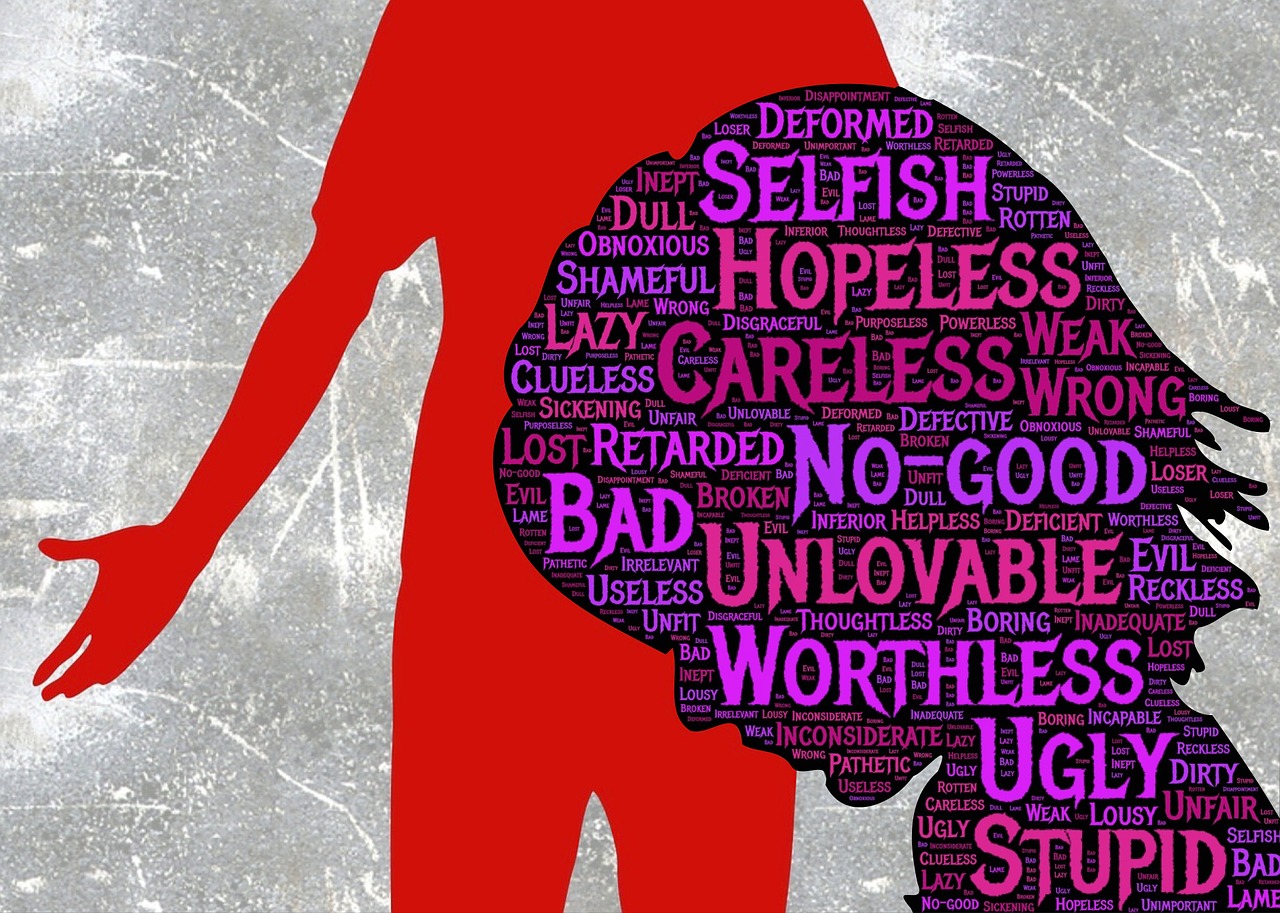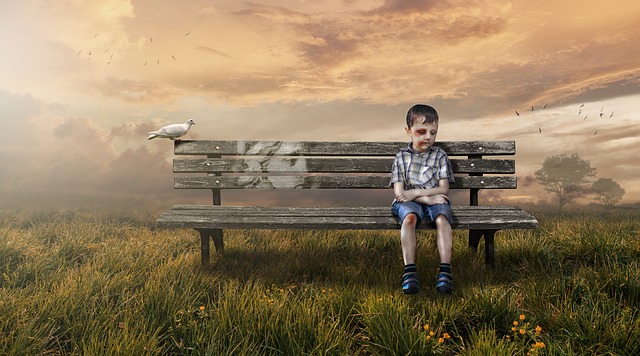
I wonder if more parents would make better choices if they realized how their actions and words can have a lifelong impact on their child. Scientific evidence points to a direct relationship between kids who experienced Adverse Childhood Experiences (ACE); kids who are raised in dysfunctional homes tend to have higher rates of suicidal thoughts, substance abuse, depression and other mental health disorders and chronic health issues.
As a recovering woman, it wasn’t until I came to terms with my alcoholism did I begin to see the role my crazy child-hood had in taking me down the road of addiction. Sure, I had the genetic predisposition, but being raised in a toxic environment sure didn’t help lead me down a path to self-actualization.
The higher a person’s ACE score, the more likely they are to have suffered through trauma of some sort, and research tells us that childhood trauma increases our chances for substance abuse issues and chronic diseases such as cancer, heart disease and diabetes. Trauma comes in all ways and sizes, and a distinction needs to be made that not all trauma has to be physical or sexual abuse. Something as common as divorce can inflict trauma on a child. What can make a situation traumatic or not is how well the parents handle these emotionally charged situations.
I work with kids. Parents who divorce and then jet out of their child’s life are heaping unspeakable trauma onto that child. These kids suffer from low self-worth and self-esteem. They feel abandoned. They often blame themselves for the divorce. The other complaint I hear from kids most often is when the parents get divorced, and within a few months, both parents are dating someone new. Here again, the kids feel second-best. They’ve had little time to adjust or grieve the divorce and the parents already are introducing them to new partners. To complicate matters further, some parents lack good judgment and move strangers into the home—boyfriends, and girlfriends that the kids don’t like, and don’t know. Now the child not only has little time to grieve and accept the family has changed, they’re also expected to embrace a new person that most likely, they resent, and who now hangs around or lives in the home and usurps all mom or dad’s attention.
I hear kids say the same sorts of complaints over and over that it’s led me to wonder, why are parents so selfish?
When do we start listening to the kids and put their needs above mom or dad’s dating desires? Every person and every child needs a safe space, and for most of us, that space is our homes. Now, when a parent’s boyfriend or girlfriend is invited into the home soon after a divorce situation, home is no longer a safe place. Many of these already distraught kids are forced to accept the unacceptable: what adult would want to sit there and watch their ex-spouse snuggling up with their new love? None. So why do parents expect their kids to deal with it? These are the kids who stuff their feelings. They want to escape; self-medicate, or seek out early sexual experiences to feel validated.
There are parents who may chronologically be old enough to parent, but emotionally, they act as immature as their teens. Parents who yell and scream and fight with their kids. I’ve witnessed scenes at the hospital that when based on actions and words alone it’s hard to tell the parent from the child. I’ve had kids say things to me such as: “I’m like the mom, because my mom acts like the kid instead of me.” Or “My mom can’t handle anything,” or “My mom goes to the gym and stays on the computer with her wine, “ or “I haven’t seen my dad or mom in six months. They moved after the divorce.” The byproduct of all this parental selfishness is traumatic for the kids, many who then act out. These are also the children who are hauled to the hospital because they’re depressed, angry, suicidal, or aggressive…, and the parents expect the hospital to cure their kid. The problem is—no doctor, nurse or therapist can cure bad parenting. Not once, do these parents ever look in the mirror and ask themselves, “How does my behavior influence my child?” What happens instead is the kids get medicated and sent back to the same dysfunction.
We create the next generation of addicts when we traumatize our kids.
Kids who grow up with depressed, alcoholic, or drug addicted parents experience trauma as well. I can speak to this issue because I grew up with an alcoholic, Valium-addicted mom and a rage-a-holic father. I cannot recall one childhood memory of my father where he was loving, kind or nurturing. He was also at times physically abusive, verbally abusive and emotionally abusive. My mother was loving, but so out of it most times that she was incapable of parenting effectively. On top of that, she traumatized us with numerous car crashes and vehicular mishaps. Most times I still tell my husband, “Move over, I’ll drive.”
Is it any wonder that all of my siblings including myself have had substance abuse issues? We all subconsciously looked for an escape from the environment, our anxiety, our fear… and most of us found our escape in alcohol; my one sister opted for drugs. We were never taught coping skills. We never felt safe in our own home. My mother’s alcoholism created instability—we never knew if she’d be drunk or sober, and we never could predict what exactly she’d do next. My father was predictably angry, insane and a control freak—all the time. As a child, I remember one emotion—fear. The insanity and dysfunction in our home was anything but normal.
In my twenty-nine years of recovery and talking and working with hundreds of women in recovery, I think it’s safe to say that a large majority of us have had some sort of trauma in our life: abandonment, physical abuse, sexual abuse, neglect. We rob kids of their safety and security and then wonder why they have problems. We rob kids of their innocence and then wonder why they’re angry.

When a child’s brain is still growing, they don’t have the ability to deal with the stress and level of dysfunction in some homes. Even kids that come from affluent families are often traumatized by their parent’s lack of involvement in their lives because the parents are too busy with their own social calendars, or the parents have substance abuse problems of their own, but they usually don’t think so. When you can drink expensive wine and liquors and can trot around the globe…, it doesn’t look like what they think substance abuse looks like so they cocoon themselves in denial. An alcoholic’s selfishness knows no bounds, and it’s that selfishness that blinds parents to their child’s pain.
We can never guess what a child’s perception may be; other forms of trauma can result from poverty, dangerous neighborhoods, bullying at school (having a kid at school say they think your shirt is ugly is not bullying—that’s just a mean kid), sibling abuse, or witnessing domestic violence. Kids who are diagnosed ADD and ADHD may really be kids suffering from trauma. I know my brother was diagnosed with ADD, but c’mon, with all the crap going on in our home there’s no wonder he had behavioral problems. Doctors need to screen for trauma, first, and if it’s present try to find a holistic way to treat the whole family, stop medicating, and look for real solutions so that children and adults can heal.
3 healing activities that come to mind: Yoga, art therapy, equine therapy.
As I mentioned earlier, high ACE scores have been connected to chronic diseases such as depression, diabetes, cancer, heart disease. I have an ACE score of 5. You can take the ACE quiz here and determine your own score: ACE QUIZ
Five is not the highest ACE score, but some researchers believe that any score higher than four greatly increases a person’s chances of developing substance abuse issues, mental health disorders, suicide and chronic illnesses. I am beyond grateful that I grew up in the era before all the medication madness started. Back then parents didn’t take their kid to the doctor unless they were sick. I’m grateful that I was never medicated. Who knows the effect medication could’ve had on my developing mind. Had I been pushed down the medication trail when I was a teenager, there’s no telling where I could’ve ended up. I still don’t think there’s enough research to justify medicating children, but doctors do it all the time. They forget or don’t understand that emotional wounds cannot and will not be healed by medication.
There was a time when I never thought I would say I am grateful to be a recovering alcoholic, but to succeed in recovery I had to be willing to look “there.” I had to acknowledge that my childhood sucked in a lot of ways, but there were moments that were good too. I had to make peace with my past, forgive my parents, and I came to understand that they probably did the best that they could. I still have trust issues, but the good thing I learned while surviving in a chaotic environment is that I can read people well. I have a strong intuition that I trust. I was one of the resilient ones, and there are millions of us out there who have worked through our various forms of trauma, and who have come out on the other side.
But,
We wouldn’t have to hope and pray for so much resilience and recovery if kids weren’t traumatized to begin with. What if the parent’s got their acts together before they had kids? Would we have less addiction and substance abuse in the world? I think we would. Of course, when you deal with human nature there are no absolutes. I know of many people who had great parents but still ended up with substance abuse issues. I know many kids who had challenging childhoods who did not turn to drugs or alcohol. Alcoholism and drug addiction is not a cookie cutter disease, but we can minimize the chances of a child turning to drugs and alcohol by parenting with love, common sense, and create violence-free environments where kids can thrive instead of just learn to survive.
Please, leave your comments below. I’d love to hear your thoughts or have you share your experience, strength & hope!
Lisa is the author of the multi-award winning book, Raising the Bottom: Mindful Choices in a Drinking Culture. After short stints where she trained polo horses, worked as a flight attendant, hairdresser, and bartender, she revamped her life and settled in as a registered nurse. For the past twenty-nine years has worked with hundreds of women to overcome alcoholism, live better lives and become better parents. She was prompted to write Raising the Bottom when she realized after twenty plus years of working in hospitals, that doctors and traditional healthcare offer few solutions to women with addiction issues. You can start reading for free on Amazon. Follow her on Twitter @LBoucherAuthor and Instagram
